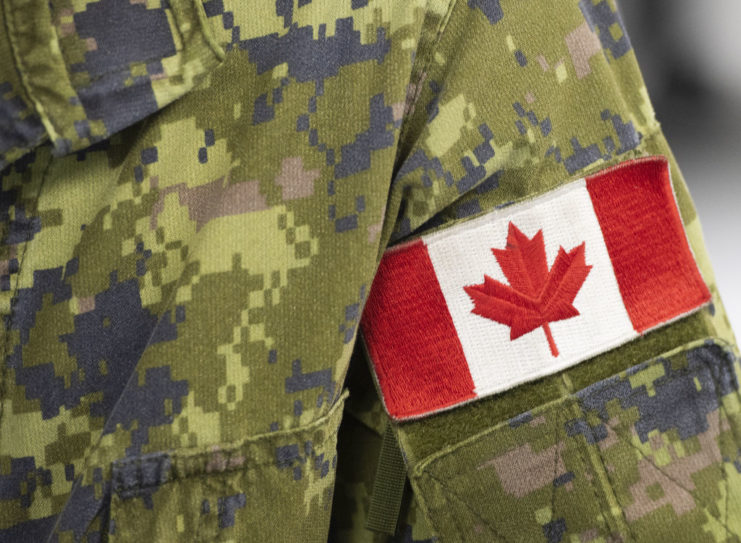April 25, 2022
-Global News
Systemic racism is rampant throughout the Canadian Armed Forces, “repulsing” new recruits and putting at risk the country’s national security if jobs continue to go unfilled, according to a bombshell report.

To sum it up: more and more Canadians will have no interest in joining until the military fixes its longstanding, interconnected issues of racism, abuse of power, gender discrimination and sexual misconduct.
As part of that, the report says military brass must accept that some members will either leave, or need to be removed.
“Racism in Canada is not a glitch in the system; it is the system,” reads the report by the Minister of National Defence’s Advisory Panel on Systemic Racism and Discrimination.
The report offered recommendations across 13 areas of the military’s culture and systems, and examined the full spectrum of racism and discrimination including the barriers facing Black, Indigenous, LGBTQ2+ and women within the ranks, as well as the barriers facing Canadians with disabilities.
Its findings come at a time when the Canadian Forces is already facing what experts have repeatedly called an existential “crisis” about allegations of sexual misconduct within its senior ranks, as first reported by Global News in Feb. 2021.
In the year since, military culture has been under intense scrutiny with countless experts pointing to a culture described as one where abuses of power too often flourish unchecked and where members who are not white, male, cisgender and heterosexual face discrimination and retaliation for speaking out.
“Although stories of sexual misconduct within the Department of National Defence and Canadian Armed
Forces have led the media focus over recent months, sexual misconduct is a symptom of a bigger
ailment: a toxic environment within both the military and civilian workplaces,” the report stressed.
“Unless it is rapidly reined in and addressed, the impact of this toxicity will linger for years, affecting the reputation of the Defence Team to the point of repulsing Canadians from joining its workforce.
“Recruitment data suggest that this is already happening.”
Canadian military leaders continue to struggle to boost recruitment, with current numbers thousands of new members short of their target goals — particularly among women and Canadians from diverse backgrounds.
According to senior military leaders who spoke with journalists last month, 71 per cent of military members are white men compared with 39 per cent in the civilian workforce.
Last year, the military ombudsman Gregory Lick warned the military sexual misconduct crisis posed a “national security risk” due, in part, to the “negative impacts on recruitment and retention.”
While the panel conducting the report did issue recommendations, members also took pains in the document to emphasize that the military must implement the recommendations made by other reviews of racism and discrimination in the past.
Many of them, the panel warned, remain ignored, and the report said part of the panel’s work was to compile and highlight the steps that still need to be taken.
Among those, the report urged that exit interviews need to be done routinely for members leaving the military to better understand the factors driving so many to leave.
Only 7.8 per cent of departing members get exit interviews, the report stated.
The implementation of those past recommendations also needs to be tracked, members added, and raised concerns that the panel “could not get a response” from military leaders on the status of multiple recommendations and whether they are being put in place.




